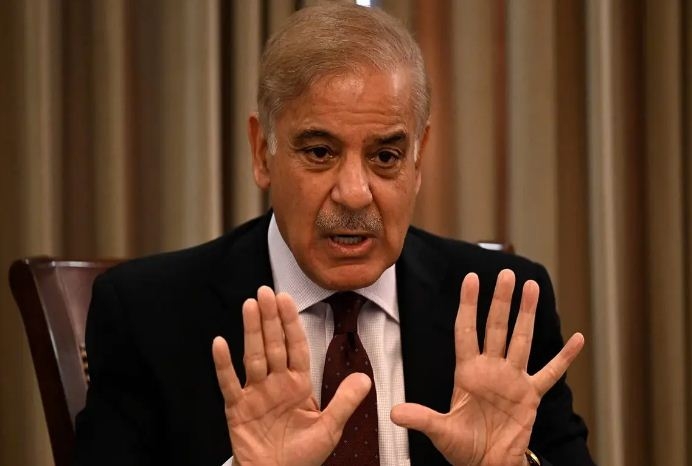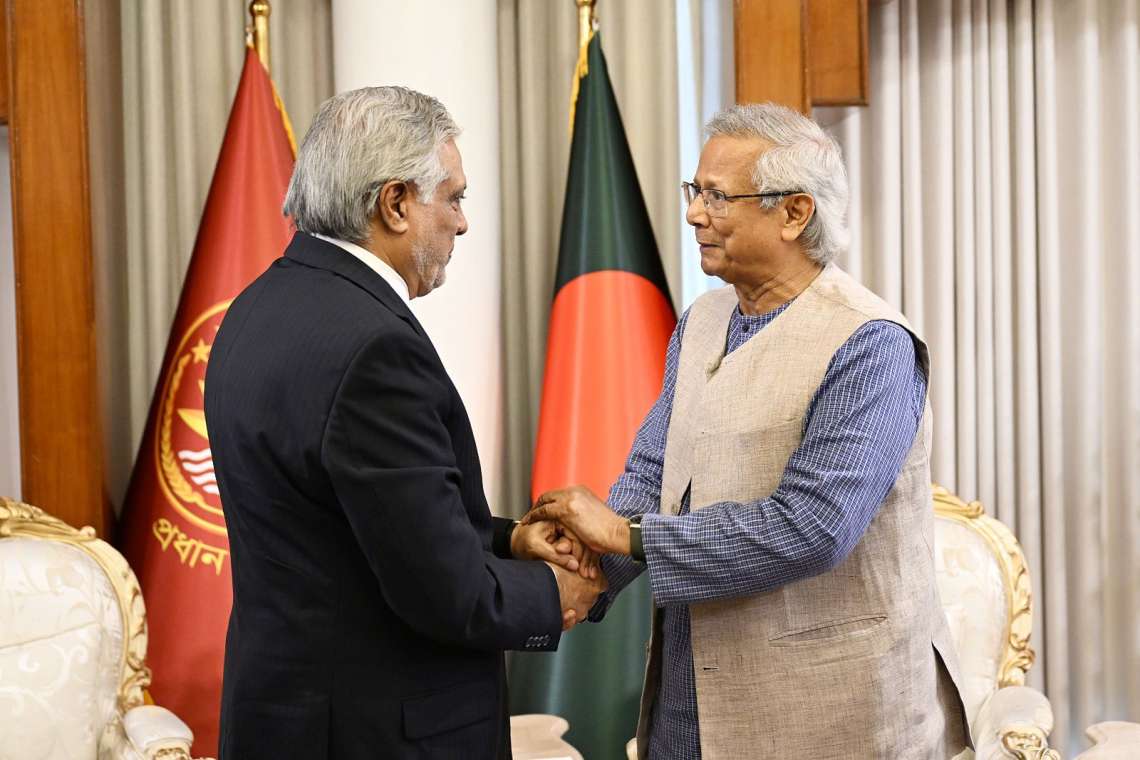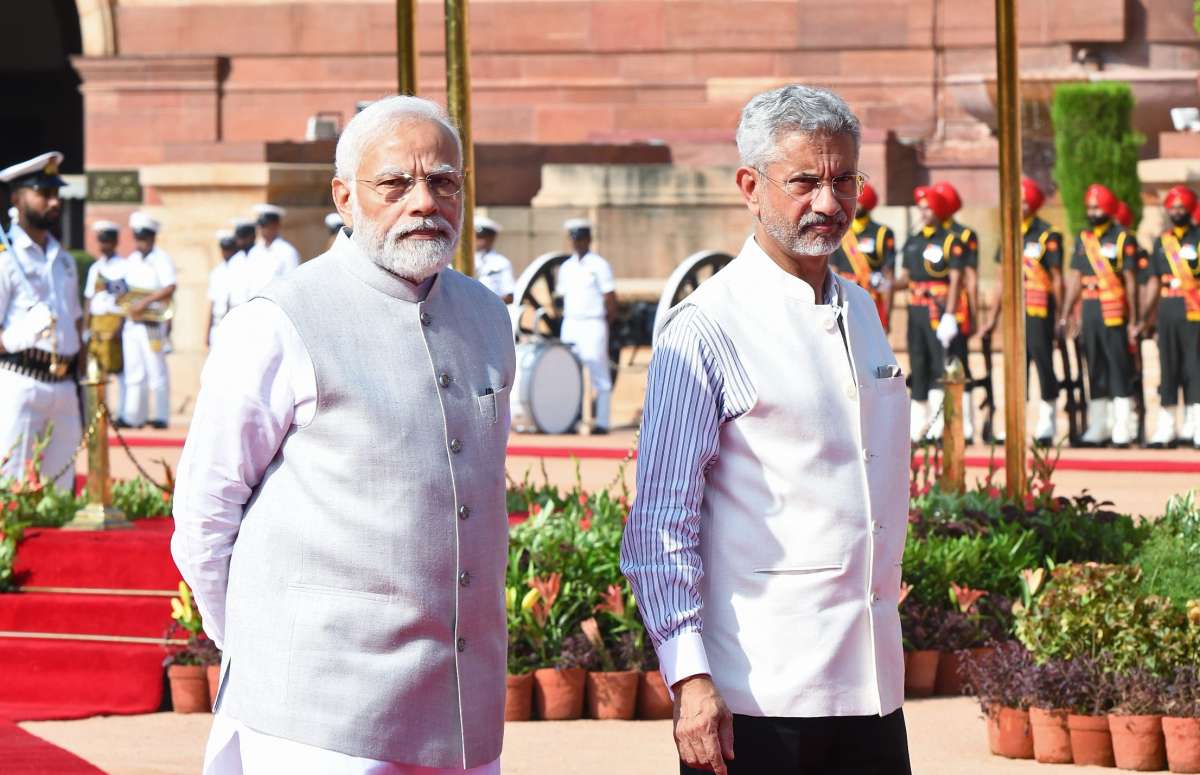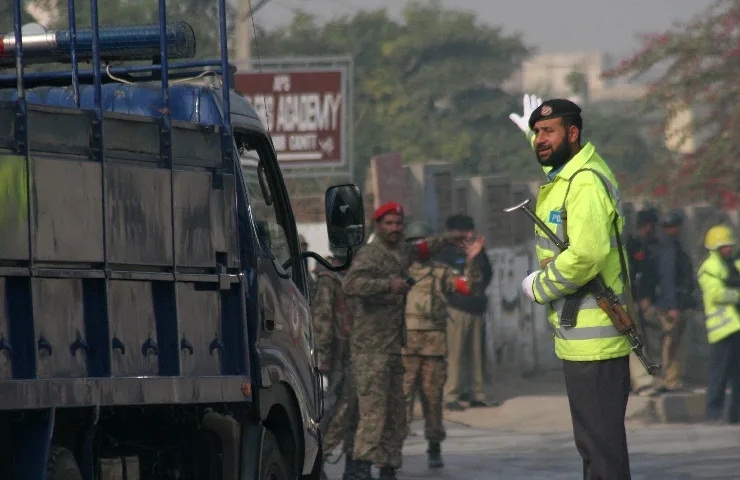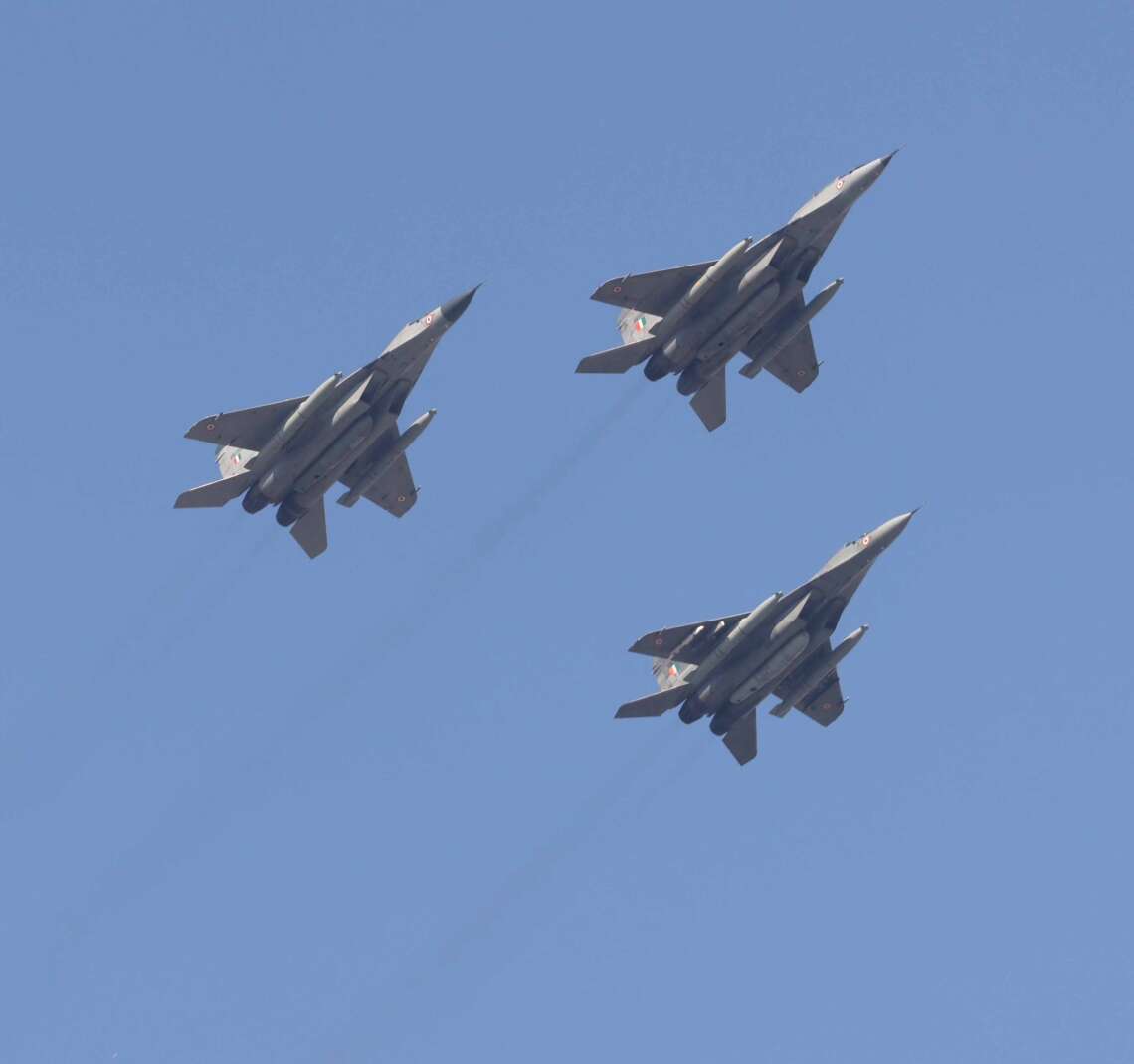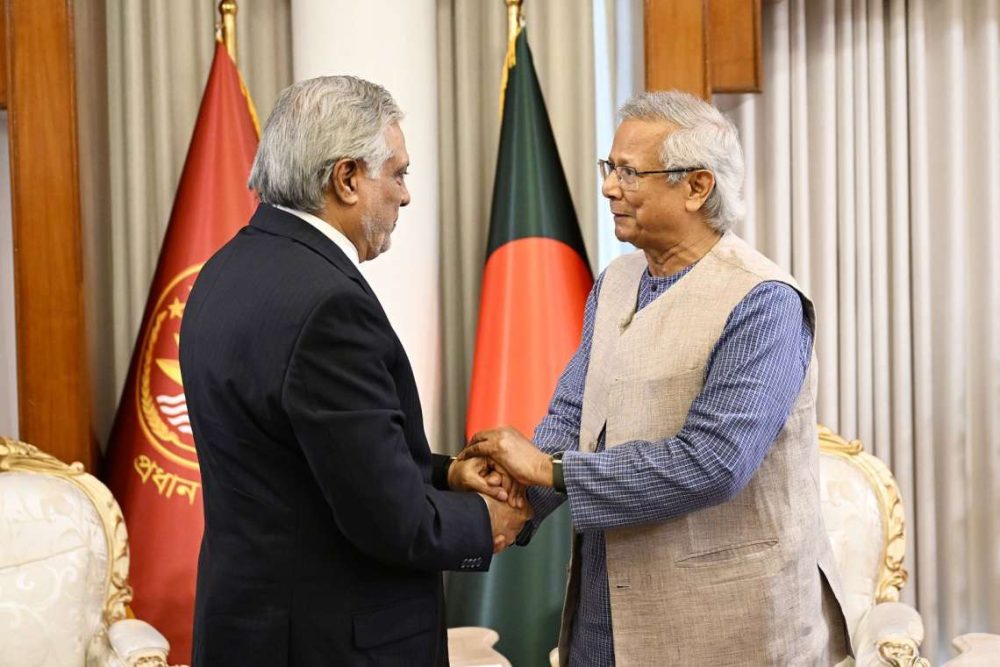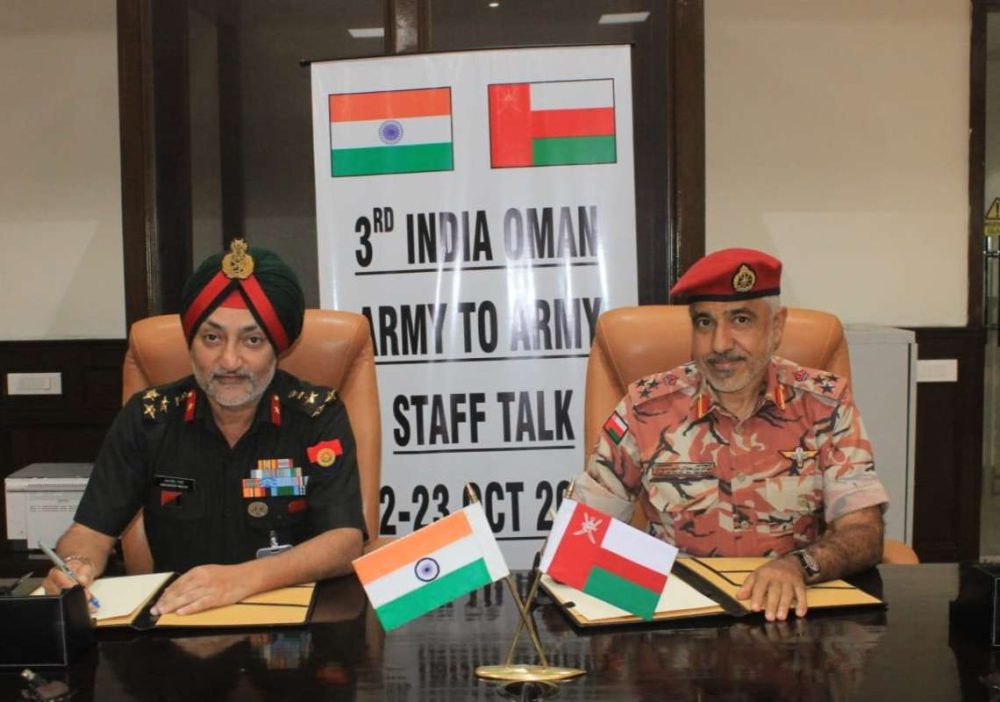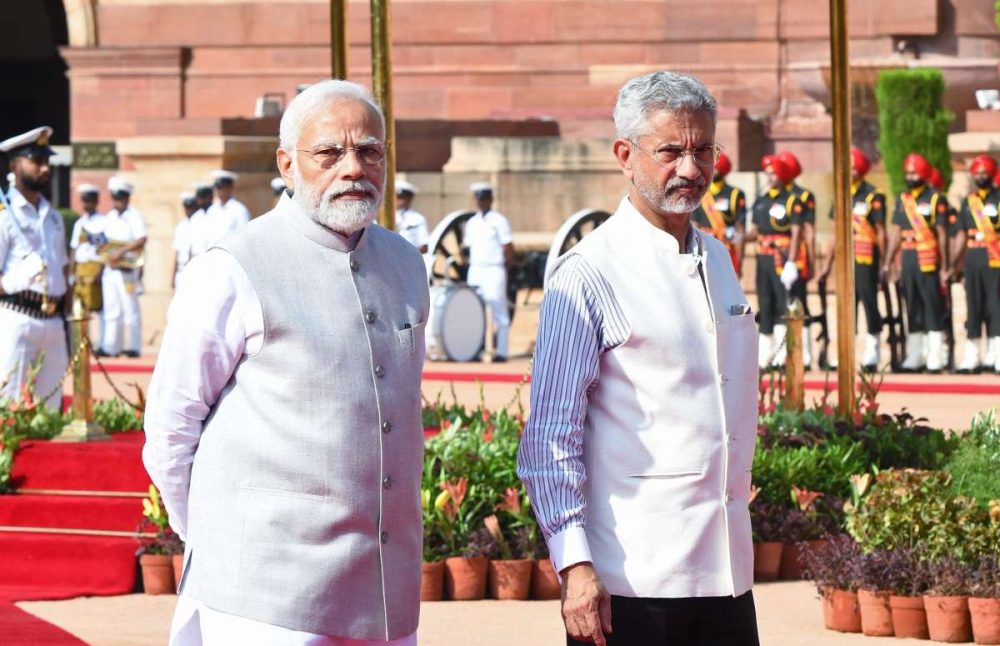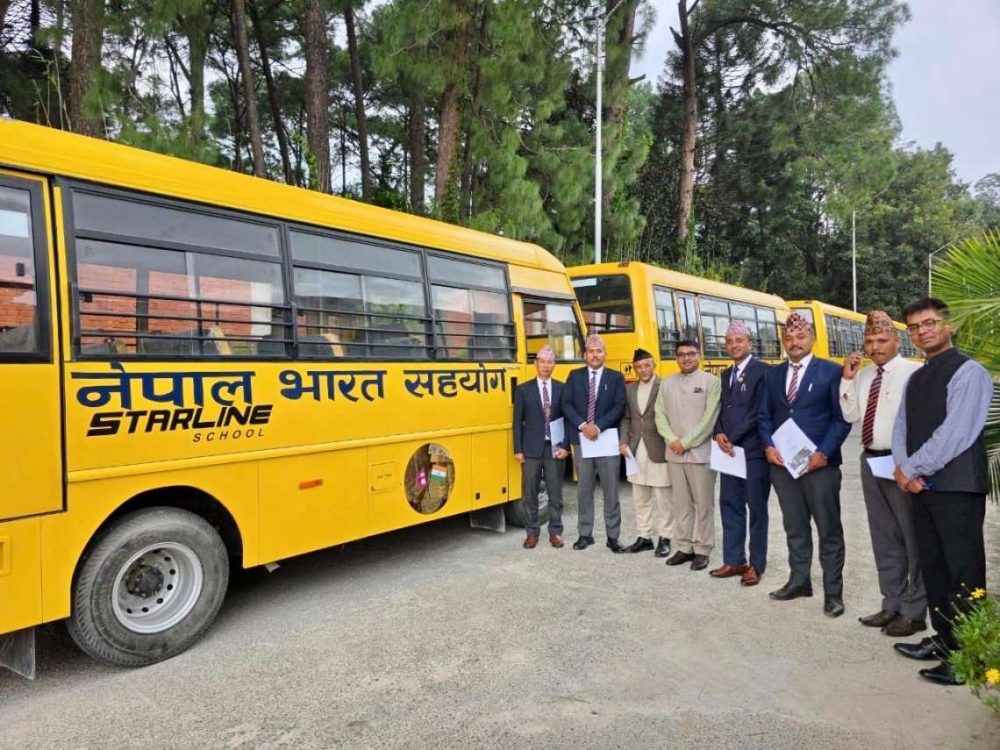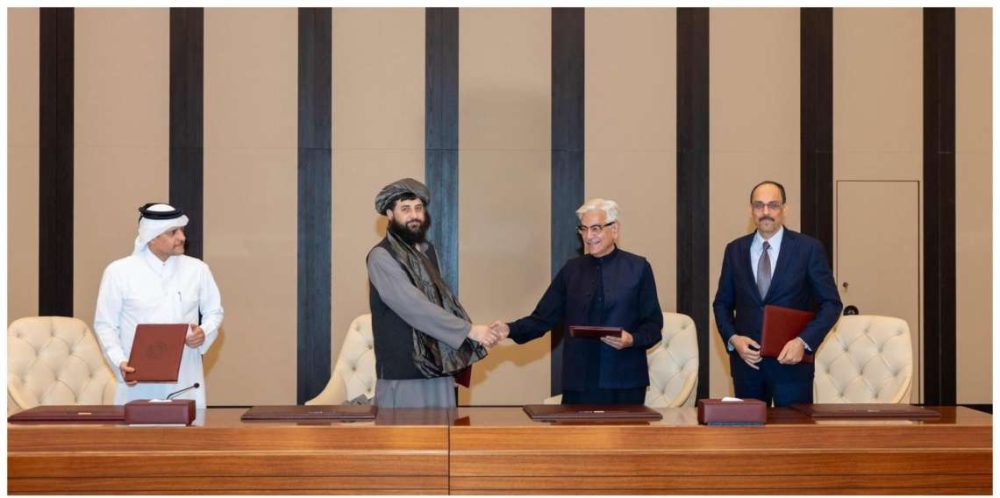Addressing the nation following India’s unprecedented action against terrorism, Sharif on Wednesday asserted Pakistan’s intent to respond forcefully…reports Asian Lite News
Shaken by the Indian armed forces’ strike on terror bases, Pakistani Prime Minister Shehbaz Sharif has pledged to retaliate.
India’s targeted military strikes under Operation Sindoor hit nine high-value terror infrastructure sites across Pakistan and Pakistan-occupied Kashmir (PoK), including the hideouts of top terror masterminds Maulana Masood Azhar and Hafiz Saeed.
Addressing the nation following India’s unprecedented action against terrorism, Sharif on Wednesday asserted Pakistan’s intent to respond forcefully.
“Pakistan will take revenge. We will take this war to the end. My Pakistani people, for your safety, our army and our people — we will always be united. Pakistan is most affected by terrorism,” he said.
Pakistan’s National Security Committee earlier issued a statement saying the armed forces had been authorised to retaliate “at a time, place, and manner of its choosing” in response to India’s strikes.
However, earlier in the day, Pakistan’s Defence Minister Khawaja Asif claimed that the situation could de-escalate if India stepped back from its current military posture.
“If India is ready to back down, we will definitely wrap up this tension,” Asif said.
Notably, in a recent interview with Sky News, Asif candidly acknowledged Pakistan’s long-standing support for terror organisations, although he sought to deflect some responsibility by recalling the Cold War-era collaboration with the West in Afghanistan.
“We have been doing this dirty work for the US for the past three decades, including the West and the United Kingdom,” Asif admitted, though no Western nation has backed attacks on India.
India’s operation came as a direct response to the April 22 terror attack in Pahalgam, Jammu and Kashmir, which claimed the lives of 26 people, including a Nepali national. The Resistance Front, a proxy of Pakistan-based Lashkar-e-Taiba, took responsibility for the massacre.
The precision strikes on Wednesday, carried out jointly by the Indian Army, Air Force, and Navy, targeted six key locations deep inside Pakistani territory. Among them was Masjid SubhanAllah in Bahawalpur’s Ahmedpur Sharqia, believed to be a hideout of Jaish-e-Mohammed (JeM) chief Masood Azhar.
Other targets included facilities in Muridke — reportedly the headquarters of Lashkar-e-Taiba (LeT) and Jamaat-ud-Dawa (JuD) chief Hafiz Saeed, as well as terror installations in Muzaffarabad, Kotli, and Bagh.
India has underscored that Operation Sindoor was a “measured, calibrated and non-escalatory” response focused solely on neutralising terror threats and avoiding civilian or military infrastructure.


